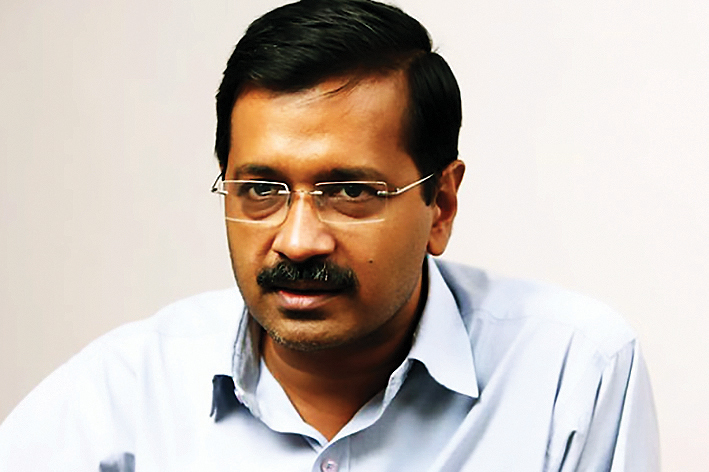Describing life and liberty as “paramount”, the Supreme Court questioned the Enforcement Directorate about the timing of Delhi Chief Minister Arvind Kejriwal’s arrest ahead of the general elections in connection with a money laundering case linked to the excise policy.
A bench comprising Justices Sanjiv Khanna and Dipankar Datta, which continued hearing Kejriwal’s plea challenging his arrest, posed several queries to Additional Solicitor General S V Raju, representing the ED, and asked for his response by Friday.
“Life and liberty hold immense significance. That cannot be denied,” the bench remarked to Raju, inquiring about the timing of the arrest vis-à-vis the upcoming general elections.
The bench also raised concerns about the significant time gap between the initiation of adjudication proceedings in the case and the subsequent arrest, noting that Section 8 of the Prevention of Money Laundering Act (PMLA) stipulates a maximum period of 365 days.
The apex court is expected to continue hearing Kejriwal’s plea on Friday, as the two judges will be sitting in different combinations starting Wednesday.
Addressing Raju, the bench said, “We have some questions for you to address in your submissions. Firstly, can the ED initiate criminal proceedings without any adjudicatory proceedings, given the precedent set by various judgments of this court on PMLA?”
The bench further highlighted that there have been no attachment proceedings thus far in this case, and if such proceedings exist, the ED must demonstrate Kejriwal’s connection to them.
Justice Khanna mentioned the divided verdict on the bail plea of former deputy chief minister Manish Sisodia, who is in custody in the same excise policy scam case, and asked Raju to clarify which part of the verdict applies to Kejriwal’s case.
Another significant question raised by Justice Khanna pertained to the ED’s power of arrest, which has been a recurring concern for Kejriwal, prompting him to approach the court multiple times.
Regarding this, Justice Khanna elaborated on Section 19 of the PMLA, emphasising the high threshold it sets for arrest, whereas the onus shifts to the accused under Section 45 of the Act when seeking bail.
The court expressed concern about the time gap between the initiation of proceedings and the subsequent filing of complaints, as such delays could have implications under the PMLA’s time limits.
Senior advocate Abhishek Singhvi, representing Kejriwal, presented statements from witnesses, approvers, and accused individuals in the case, pointing out that only a few had implicated the Aam Aadmi Party chief.
Singhvi also referenced previous court rulings emphasising the ED’s obligation to act fairly and not vindictively, urging a strict interpretation of the term “proceeds of crime.”
On Monday, the court had questioned Kejriwal’s failure to appear before the ED despite multiple summonses, prompting queries about his ability to challenge the arrest based on the non-recording of his statement.
Kejriwal has been in judicial custody at Tihar jail since his arrest on March 21 in connection with the case.
The Supreme Court had issued a notice to the ED on April 15, seeking its response to Kejriwal’s plea.
Earlier on April 9, the high court had upheld Kejriwal’s arrest, stating that it was justified given his repeated non-appearance before the ED.
The case pertains to alleged corruption and money laundering in the formulation and execution of the Delhi government’s now-scrapped excise policy for 2021-22. (With inputs from PTI)





